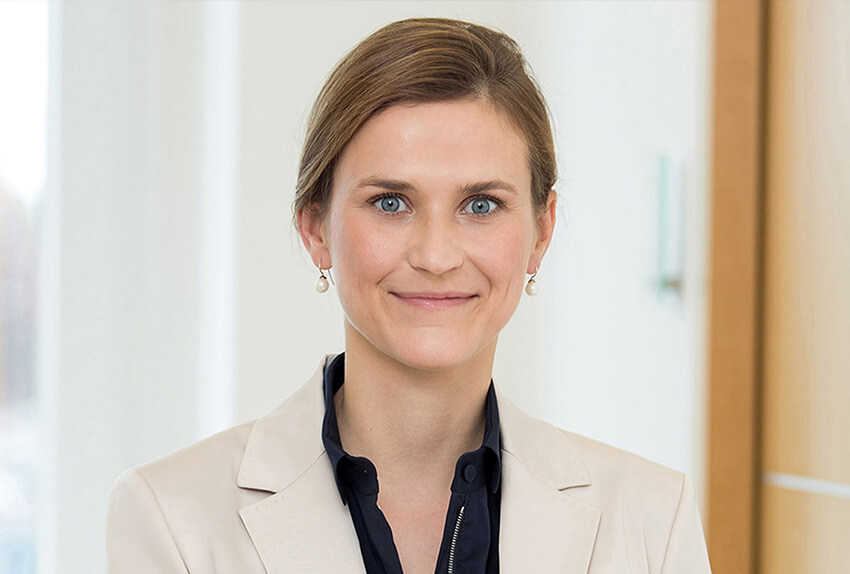Partner Germany
"As a result, supervisory board members shall not qualify per se as an entrepreneur for VAT purposes in case they are remunerated by fixed or time-based payments."
Guidance of the German tax authorities
Under the newly published guidance from the German Federal Ministry of Finance (dated 8 July 2021) (the “Guidance”), the German tax authorities provided their view that supervisory board members (Aufsichtsräte) must always act independently with respect to their performance of supervisory services for VAT purposes. As a result, supervisory board members shall not qualify per se as an entrepreneur for VAT purposes in case they are remunerated by fixed or time-based payments. If board members do not qualify as an VAT entrepreneur, the supervisory services are not subject to VAT and the supervisory board member is not eligible to deduct any input VAT paid on the costs associated with the supervisory services. This shall also hold true for similar supervisory activities of members of other company boards in which the management is controlled.
According to the Guidance, the VAT position of the supervisory (or similar) board member shall be made separately for each engagement of the relevant member. In case of a lump-sum remuneration, the supervisory service should generally not be VATable. However, if a variable remuneration is paid (either solely or in addition to a lump-sum remuneration), the supervisory work of the supervisory (or similar) board member may qualify as a VATable service. The German tax authorities state in the Guidance that this should be the case (not as a general threshold but as an indication) if the variable remuneration amounts at least 10% of the overall annual remuneration (including expense allowances but excluding travel cost reimbursements).
The Guidance is mainly based on a court decision by the German Federal Tax Court dated 27 November 2019 in which the court concluded a supervisory board member of a German stock company (Aktiengesellschaft) is not acting independently because the member bears no economic risk if an annual lump-sum remuneration is paid. The German Court had to consider the decision of the European Court of Justice dated 13 June 2019 (C-420/18, “IO”) in which the supervisory board member did not act independently because (i) he did not perform the service in his own name, on his own account and under his own responsibility but for the account and responsibility of the supervisory board and (ii) he did not bear the economic risk attached to the performance since the lump-sum remuneration was paid regardless of the actual work done.
The Guidance will apply to all pending cases, but the German tax authorities have agreed that they will not object to their former published view being applied until 31 December 2021.
"The Guidance is not only relevant for supervisory board members but also for any member of a similar board or a person performing a management control function (e.g. in private equity structures). "
Practical impact
The Guidance is not only relevant for supervisory board members but also for any member of a similar board or a person performing a management control function (e.g. in private equity structures). Remuneration schemes of supervisory (or similar) board members in a German context should be reviewed in light of the Guidance.
Where only a lump-sum remuneration for supervisory services is agreed, the services should generally not be subject to VAT (regardless of the income tax treatment). A similar treatment may already apply if the service provider was treated as a small entrepreneur for VAT purposes (Kleinunternehmer). The lack of VAT means that the service provider is not allowed to deduct any input VAT on costs. The invoicing process may have to be amended accordingly.
In contrast, the VAT treatment should not change if only a variable remuneration for supervisory services have been agreed.
The 10% threshold determined by the German tax authorities provides further practical guidance for cases where a combination of fixed and variable remuneration is agreed. As the 10% threshold should be seen as indicative, instances in which the remuneration shall comprise of fixed and variable items should be reviewed in terms of the VAT treatment on an individual case by case basis (in particular, supervisory services for a non-German stock company).




